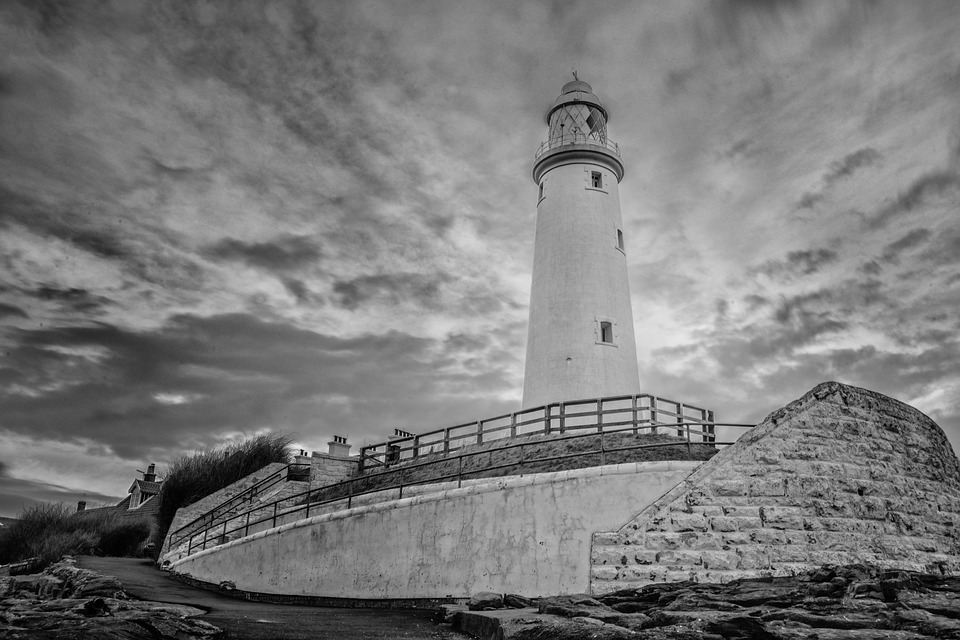The best films that explore isolation
Complete isolation doesn’t feel quite so far off from what we’ve been experiencing the last few months, but the world of film has been experimenting with the feeling long before we have. From thrillers to character dramas, and from mental to physical isolation, here is a (small) list of some of the best films exploring that feeling we’ve been so accustomed to recently:
The Shining – Stanley Kubrick
Perhaps an obvious choice, but a list of the best isolation films cannot go without mentioning this classic. The Torrance family moves into the deserted Overlook Hotel to be its caretakers over the long, blizzardous winter months, despite having heard of its strange and threatening past.
Having thought of it originally as a writing retreat, main character Jack (Jack Nicholson) slowly plunges into a crazed delirium with raging attacks on his wife and young son (who starts experiencing some of the haunted aspects of their isolated hotel himself).
With Nicholson’s exceptional play, the irony turns from the Torrance’s isolation in a snow-covered haunted hotel to the realisation of Jack’s trappings in a family he secretly resents. Although many today may find it ‘overrated’, this horror feels uneasy and nerve wracking from the very start, with its iconic, ominous opening in the mountains, Jack’s deranged ‘here’s Johnny’ reference, and the possessed child constantly citing ‘REDRUM’.
Room – Lenny Abrahamson
This touching story, inspired by the life of a similar ill-fated young girl, Elizabeth Fritzl, follows Joy (Brie Larson) who is kidnapped and confined to a small shed, or Room. Her constant rapings by her captor result in the beloved Jack (Jacob Tremblay) who, shortly after his fifth birthday, escapes from their isolated room and looks for help.
What’s so special about Room is that Joy makes the most out of practically nothing in the small confinement, craftily planning their escape after seven years of imprisonment, all for the sake of her son. Whilst they may only be physically isolated for the first part of the film, though, Joy grows psychologically trapped and distant after returning home, with her son feeling as though he fit better in ‘Room’ than in the outside world; the film uniquely deals with the feeling of isolation in two of its different forms. Nevertheless, the story progresses to show the joys of experiencing the world for the first time, after having been deprived of its luxuries for so long.
Wild – Jean-Marc Vallée
Based on the true memoir titled Wild: A Journey from Lost to Found, this underrated drama follows Cheryl Strayed as she decides to brave the Pacific Crest Trail (2,650 miles!) solo. Having suffered a life of abuse, drug and sex addictions, divorce and the loss of her mother to cancer, Cheryl uses the cathartic journey as a way of coping with the pain of her past and to discover who she really is.
Similarly to Room, Wild deals with both physical and mental isolation; Cheryl spends the majority of her trek alone and yet states: ‘I think I’m lonelier in my real life than I am out here.’ She pushes herself to her physical and mental limit to overcome and confront her personal tragedies in this truly eye-opening trek (both for her and for us!).
Misery – Rob Reiner
Another Stephen King adaptation, this thriller earns its mention on the list with its razor-sharp suspense. It follows writer Paul Sheldon (James Caan) and his unfortunate fate as he is saved from a car crash by a crazed, obsessed fan (Kathy Bates). Not only does she imprison him in her house, but purposely disables him further (in one of the most bone-chilling scenes I have ever watched) until he writes her favoured ending to one of his stories.
The isolated house is what allows Bates’ character to torment Paul into giving her what she wants, from locking him into his room, attempting to drug him and physically abusing him. Paul’s isolation in the house (the few times his captor leaves him alone), though, is crucial to his tense attempts at escape, the result of which are horrifying and futile until the very end.
With extreme focus to detail (the china penguin scene will leave you especially frustrated), this is a true thriller, leaving every viewer on the edge of their seats throughout the length of the film.
Shutter Island – Martin Scorsese
Two officials, Teddy (Leonardo DiCaprio) and Chuck (Mark Ruffalo), make a visit to Ashecliffe Hospital, an insane asylum located on an ominous, isolated island. They’re investigating the disappearance of a murderer, but there seems to be no living way to escape the island. As they further their investigations amongst strange encounters and flashbacks, Teddy comes to realise he may be harbouring his own demons, and must confront them head-to-head in order to survive.
Despite my distinct appreciation of DiCaprio, I repeatedly put off watching this film until lockdown because it just seemed ‘weird’, but I couldn’t have been more wrong. This is one of DiCaprio’s most shuddering performances as Scorsese’s crafty false-reality is carefully chipped away piece by piece.
With an ending that will leave you confused and gasping for more, this thriller is brilliant in its mind-bending guessing games; the sinister ending line is as evocative today as it was at the premiere a decade ago: “Which would be worse – to live as a monster, or to die as a good man?”. All the questions we’re left asking, Teddy asks too, and that’s just one of the reasons that makes it such a fascinating, and highly recommended, watch.
And lastly, a few honorable mentions must go out to some of the great films dealing with isolation which missed the list: Cast Away, Wild Strawberries, Ex Machina, The Truman Show and Gravity. This list includes just a few of my favourites, but there are hundreds of great films (and many classics) out there that also serve as exemplar isolation pieces.

Comments